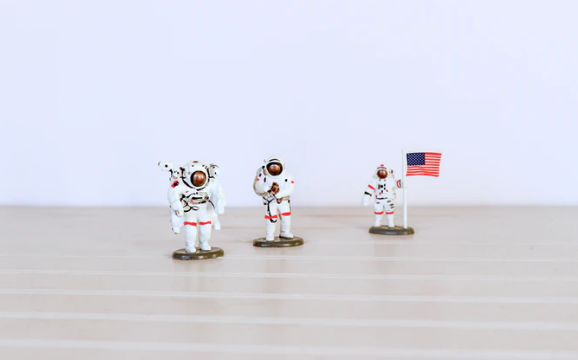Since the coronavirus (COVID-19) has pushed many people to work from home as a strong practice of social distancing, NASA has decided to give tips on how to survive confinement since they experience it in space!

Now that everyone is urged to stay at home and only leave the house when absolutely necessary, the boredom and isolation felt by NASA come close to what the masses are starting to feel amidst this pandemic.
How do NASA astronauts deal with this?
A thread has been published on Twitter quite recently by NASA astronaut Anne McClain which included a list of expert skills that astronauts implement when they are working and living in extreme confinement to make sure that they remain happy, productive, and most of all, successful.
Read Also : Want To Be An Astronaut? A Wannabe Shares How To Train Like One in This Time of Social Distancing
The tips were usually referred to as "expeditionary behaviors," otherwise known as "EB," which can be applied to any situation that requires working remotely as a group. This information was taken from a blog located on NASA's official website.
The origin of these strategies came from a retired astronaut by the name of Peggy Whitson, who has spent a total of 665 days in space over the course of three different missions as well as Al Holland, a renowned NASA psychologist who has spent time studying the psychological impact of long-duration spaceflights.
A statement was released by Peggy Whitson to CBS This Morning saying that the "COVID-19 gives us a higher purpose much like being in space does because we are saving lives by quarantining, so it is important to understand that bigger purpose and embrace that purpose,"
Here are the five skills to cultivate during social distancing:
Communication
Communication is not the key; effective communication is! It is important to be able to share information and feelings freely to a comfortable group, according to the NASA blog. Among these include talking, admitting mistakes, and resolving conflict by properly listening to what the other has to say.
Leadership (and 'followership')
Both Trust and responsibility are very important these days, and what NASA has learned is that leaders should "lead by example" when it comes to providing resources, solutions, tasks, and goals! Make sure the members can actively contribute as well for better insights into a better plan!
Self-care
It is important not to bombard yourself with work or other heavy responsibilities. Demonstrating self-care through proper sleep, good hygiene, and spending your free time doing non-work activities should help you stay healthy and happy during the social distancing period.
Team care
The best way, according to NASA, for you to be able to support your team is by demonstrating patience and respect! Make sure to build good relationships amongst coworkers and encourage team-building fun activities even with a virtual "happy hour." Try to offer extra handson tasks you know are tiring.
Group living
Remember that although everyone is together, everyone is still different and learn how to accept people for who they are and not just what they have to offer.
ⓒ 2025 TECHTIMES.com All rights reserved. Do not reproduce without permission.




